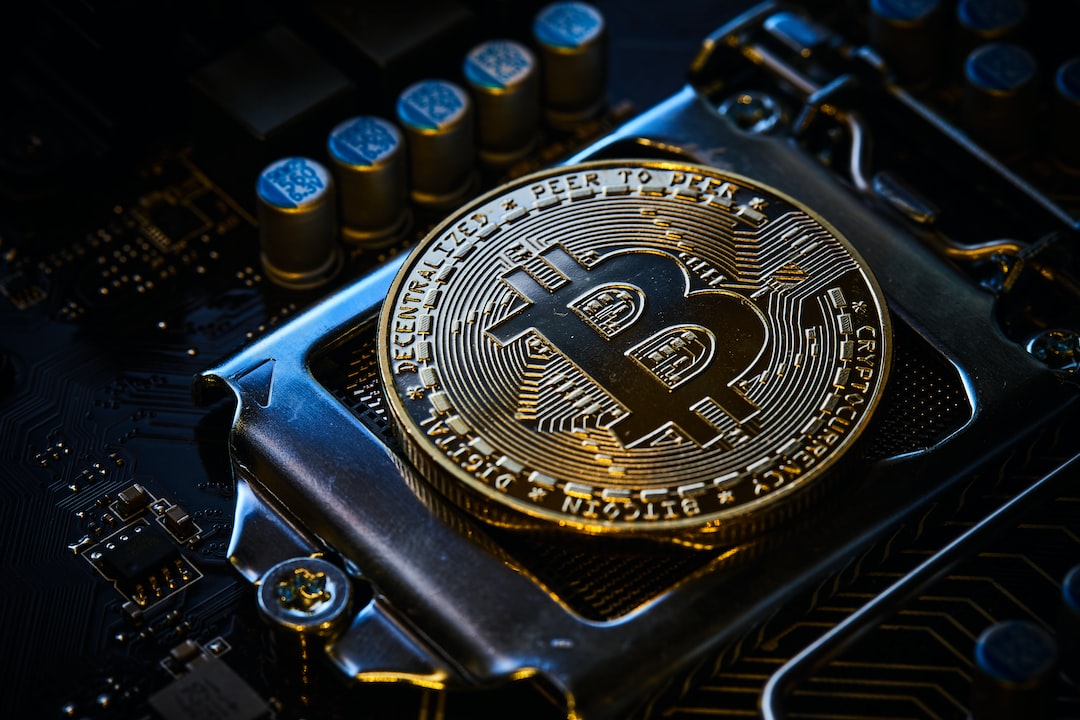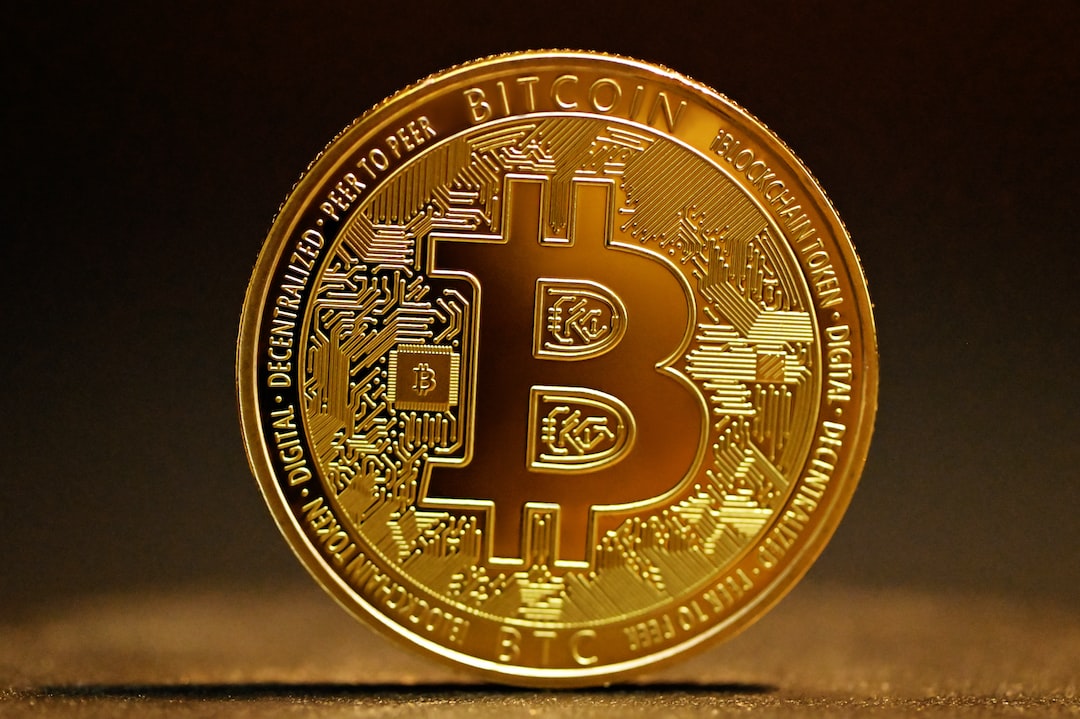Uniswap lawsuit dismissed by US District Court
The United States District Court for the Southern District of New York has dismissed a lawsuit against Uniswap, its CEO, and venture capital backers. The suit was brought by six individuals who claimed to have bought scam tokens on Uniswap and lost money. However, the judge stated that Uniswap and the plaintiffs did not know the identities of the scammers. The judge also clarified that Ethereum is a commodity, not a security. This decision demonstrates an understanding of the decentralized finance ecosystem and could impact the application of securities laws to DeFi.
Main Points:
- US District Court dismisses lawsuit against Uniswap, its CEO, and venture capital backers
- Plaintiffs claimed to have bought scam tokens on Uniswap and lost money
- Judge states that Uniswap and plaintiffs did not know the identities of the scammers
- Judge clarifies that Ethereum is a commodity, not a security
- Decision highlights the complexities of decentralized finance and its legal implications
Industry experts comment on the decision
Observers and industry advocates have praised the judge’s decision, stating that it shows a deep understanding of the decentralized finance ecosystem. They believe that similar cases will become a major point of legislation in the future. Lawyers from ConsenSys and Brown Rudnick also commented on the significance of the decision, noting its potential impact on the application of securities laws to DeFi.
Uniswap token prices react negatively to the news
Following the dismissal of the lawsuit, Uniswap token prices dropped a further 3% on the day. UNI is currently trading at $4.62, down 15% over the past two weeks and 90% from its all-time high in May 2021.
Hot Take:
The dismissal of the lawsuit against Uniswap is a positive development for decentralized finance platforms. It highlights the complexities of holding platforms liable for third-party misuse and damage. However, it also emphasizes the need for clear regulations and legislation in the DeFi space to protect investors and prevent fraudulent activities. The decision could set a precedent for future cases involving decentralized platforms and their responsibilities.





 By
By
 By
By
 By
By
 By
By

 By
By